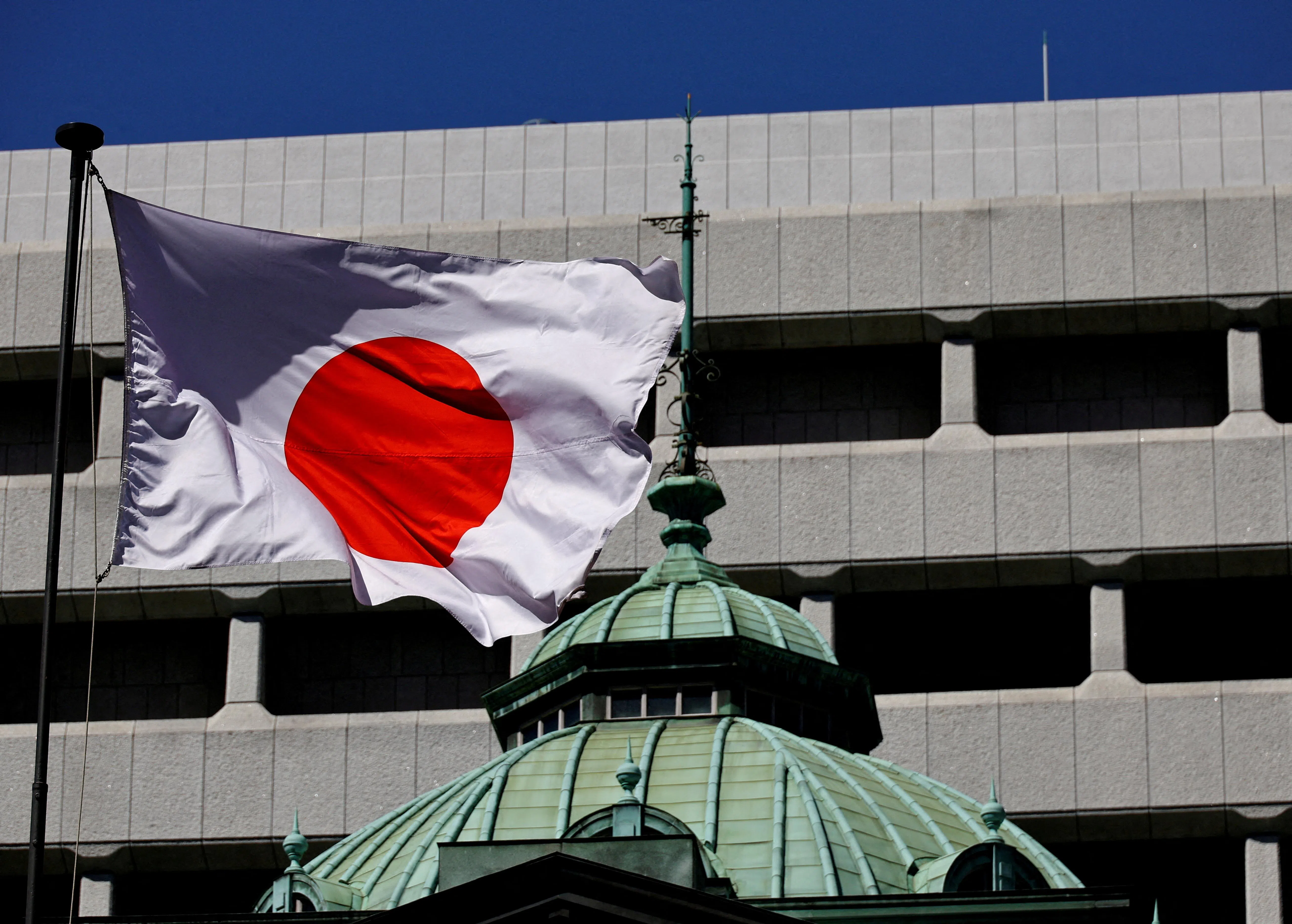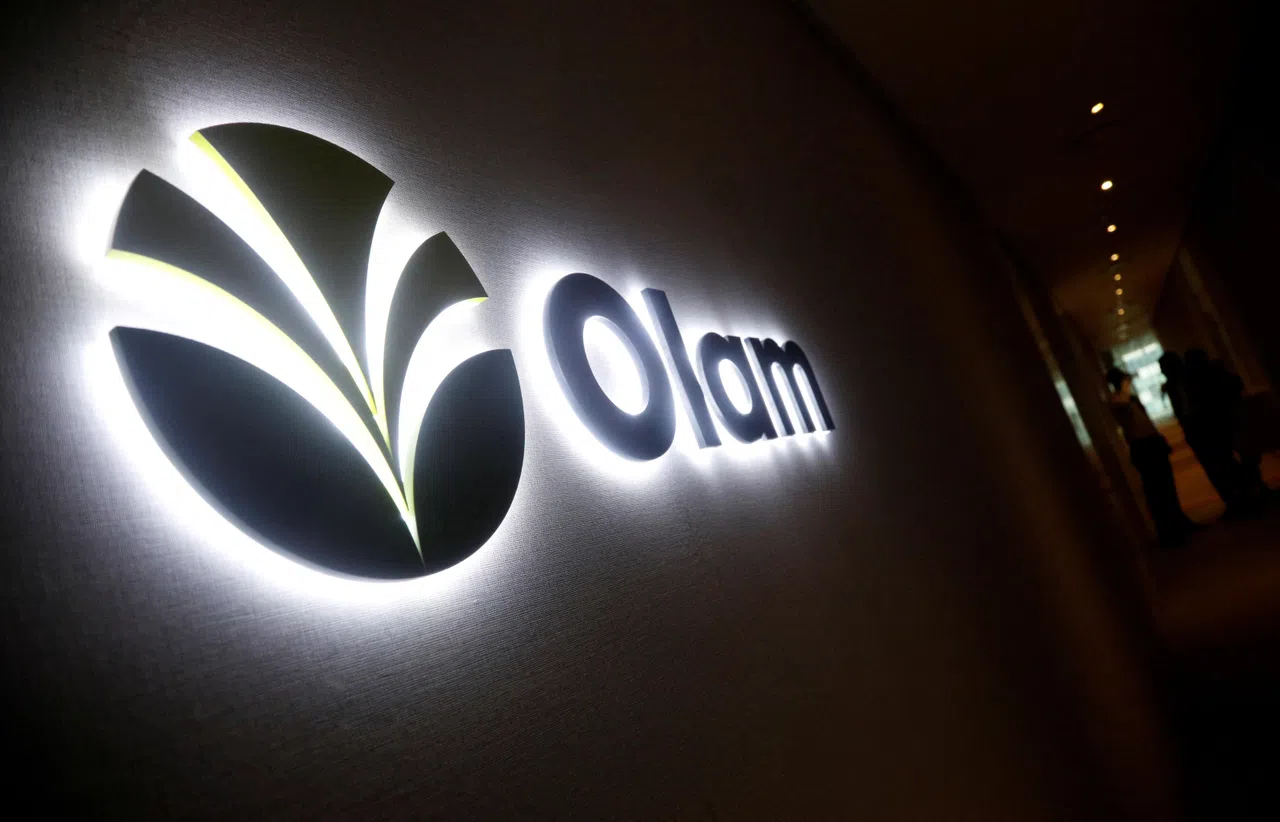JUST over half of Bank of Japan (BOJ) watchers see authorities conducting their next rate hike in December, while none expects a policy move when the board meets next week, according to a Bloomberg survey.
Some 87 per cent of 53 economists forecast that the bank will raise borrowing costs by the end of January, with 53 per cent pegging December as the most likely month for the adjustment, according to the poll.
The results indicate that an overwhelming majority of analysts believe that the market ructions in the days after the BOJ’s Jul 31 rate hike did not spook authorities enough to derail them from the normalisation path. In the past four weeks, five of nine board members have telegraphed their intention to raise rates again if the bank’s inflation outlook is realised.
The BOJ ends its next two-day policy gathering on Sep 20. Governor Kazuo Ueda and his fellow board members have signalled that no action is likely at the meeting by stressing the need to monitor the impact of volatile financial markets on the inflation outlook.
“Chances are extremely low for a rate hike at this meeting,” Masamichi Adachi, chief Japan economist at UBS Securities, said. “It’s too early to discern the impact of the July rate hike and market rout.”
That view was echoed by numerous others as analysts see almost zero chance of a rate increase next Friday (Sep 20), though in the context of their risk scenarios, some 53 per cent said the earliest timing for a rate change would be in October.
BT in your inbox
Start and end each day with the latest news stories and analyses delivered straight to your inbox.
The central bank raised its benchmark rate to 0.25 per cent on Jul 31. The median estimate of the analysts shows they believe the rate will rise to 0.5 per cent by year-end and reach 0.75 per cent by the end of 2025, indicating they are forecasting a very gradual upward rate trajectory.
The BOJ meeting kicks off hours after the Federal Reserve is expected to cut its benchmark rates in a long-awaited pivot to an easing cycle. Some 56 per cent of economists said a US rate cut would potentially have an impact on the BOJ’s rate path. Economists will be watching how any move affects the US economy and the yen.
“Global market players are pricing in the Fed’s rate to fall below 3 per cent as they debate the chance of a US slowdown or recession,” said Chotaro Morita, chief strategist at All Nippon Asset Management. “If the economic environment forces the rate below 3 per cent, a BOJ rate hike would become impossible.”
The yen touched 140.71 per US dollar, its high for the year, after BOJ board member Junko Nakagawa Wednesday reiterated the bank’s stance on raising rates when conditions allow.
BOJ watchers indicated there’s still a long way for Japan’s currency to strengthen before it would deter authorities from lifting borrowing costs. The yen would have to strengthen to around 125 per US dollar to make it hard for the BOJ to continue raising rates, according to the median view of the analysts.
Economists are attempting to gauge if a leadership election in the ruling Liberal Democratic Party (LDP) might affect the BOJ’s policy path. The winner of that race is all but certain to become the nation’s next prime minister, given the party’s dominance in parliament.
Sanae Takaichi, known as an advocate for monetary easing, would make the BOJ’s normalisation mission most difficult, according to 86 per cent of 36 economists who responded to that question. Several other candidates have voiced support for rolling back easy monetary settings to support the yen and cap inflation.
The LDP leadership vote will take place on Sep 27.
“The odds are rising for a national election to be held this fall, and the US presidential election may have visible impacts on financial markets,” said Katsuhiko Aiba, an economist at Citigroup Global Markets Japan. “That means the BOJ’s policy meetings in September and October will be a time for examining conditions” in financial markets and the economy, he said. BLOOMBERG




